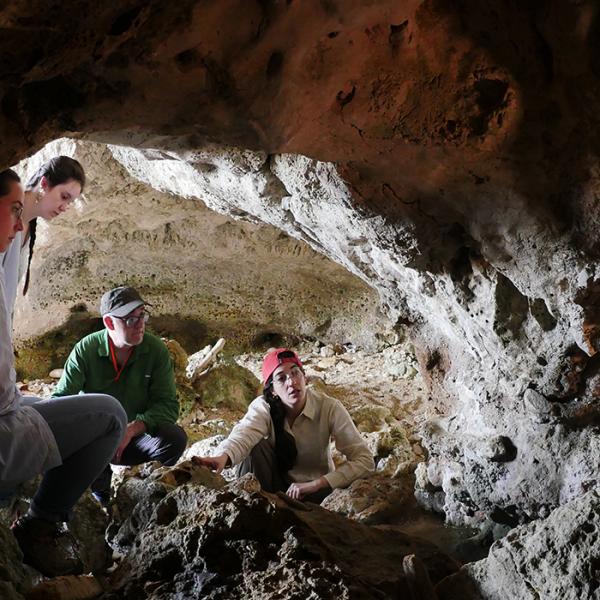Andrew Flachs
My research examines the creation and adaptation of skill among farmers participating in organic development projects in the newly formed state of Telangana, India. Organic agriculture is increasingly championed as a means of sustainable development that improves both the environment and farmer livliehoods. But because farms must conform to strict international regulations to maintain certification, these operations are heavily prescribed by project managers, who discourage farmer experiments and promote values of environmental stewardship and entrepreneurship as they teach organic standards. It is unclear if the environmental and economic benefits of organic agriculture come at the expense of a diverse and flexible skill set, unintentionally deskilling farmers by constraining experimentation. To explore the consequences of prescribed organic development projects on farmer knowledge, I will investigate agricultural skilling and experimentation on organic projects motivated by profit margins as well as those driven by environmental or social activism. To do this, I am surveying approximately 700 conventional and organic farmers over the course of 14 months to identify trends in plant use, seed choice, land management, and most importantly, experimentation on the farm. I will also interview plant scientists, shop owners, and development workers to better understand their perspective on agricultural change. From the survey, I will identify representative farmers for focus group discussions, walking interviews, a series of hypothetical decision game questions, comparisons of on-farm agrobiodiversity, and social network analysis to identify the flows of knowledge and its adaptation.
While previous work has demonstrated the ways in which agroecological knowledge is used and understood, my dissertation aims to build theory that describes how this knowledge is generated and adapted, using different kinds of farms to model a dynamic environment. Production flexibility and a diverse skillset honed through experimentation have been shown to be central to the smallholder model, yet both may be constrained by genetically modified seeds and the regulation of organic agriculture. Organic agriculture has received positive attention for offering farmers better commodity prices and limiting chemical use, as well as negative attention for its lower yields and reliance on global capitalist trade networks. However, very little is known about the farmers in these projects, their ability to continually experiment and generate a diverse skillset, or the ways that these projects influence how farmers relate to environments, states, and markets. While constraints on experimentation are required for international organic certification, skill gained by experimentation and mediated through social diffusion has been shown to be crucial to the resilience, and ultimately the sustainability, of socio-ecological systems.


